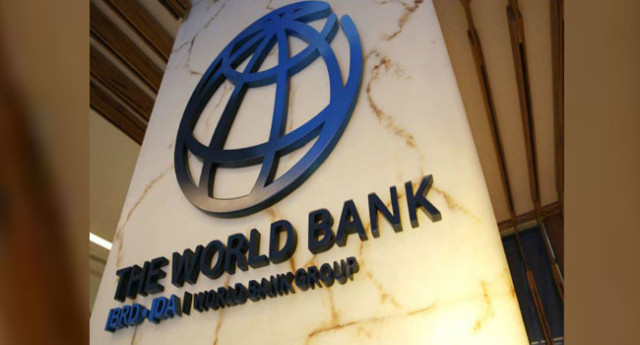The World Bank has reported that the combined impact of absenteeism on public spending in the health and education sectors could reach as high as 34 percent.
This information was disclosed in the most recent Human Capital Public Expenditure and Institutional Review on Nigeria by the World Bank.
The report highlighted that the country's public expenditure on health and education was below the expected level.
The World Bank emphasized that the absenteeism of health workers and teachers significantly affects the quality of spending in Nigeria's education and health sectors.
The report revealed that due to the absence of teachers and health workers, up to 13 percent of public spending in education and 21 percent in health are lost.
The World Bank also noted significant financial losses in Lagos State, with a leakage of $6.7 million from the education and health systems in 2021.
The World Bank's Service Delivery Indicator Survey found that an average of 13.7 percent of teachers were absent from school, with about 19.1 percent not actively teaching when present, and spending around 20.7 percent of their time on non-teaching activities.
The survey also indicated that a third of selected health providers were absent during unannounced visits, with higher absence rates in urban facilities compared to rural ones.
Additionally, the survey highlighted variations in absence rates based on the type of health facility, with health centers showing the highest overall absence rates. Nurses were reported to have the highest absence rate at 40.9 percent.
The report projected that these trends would continue to impact Nigeria's public expenditure in the future.




















